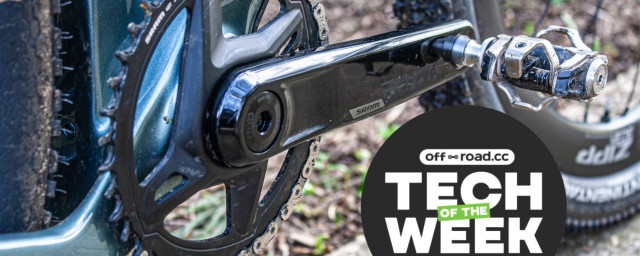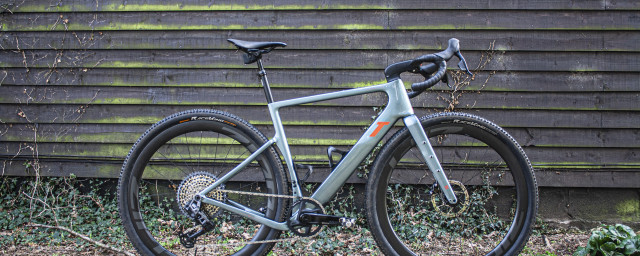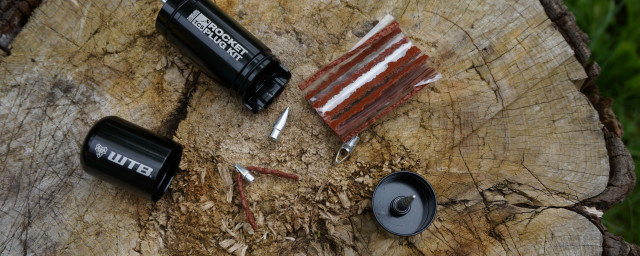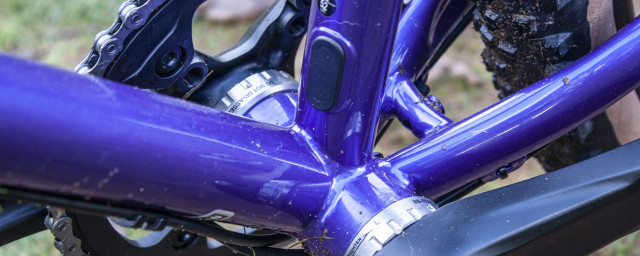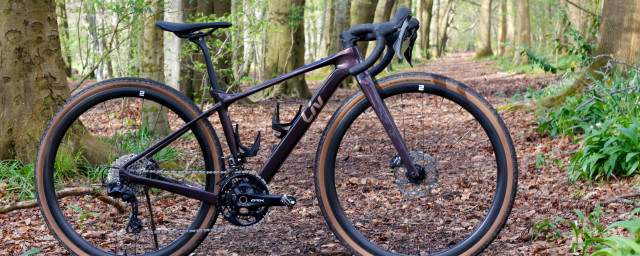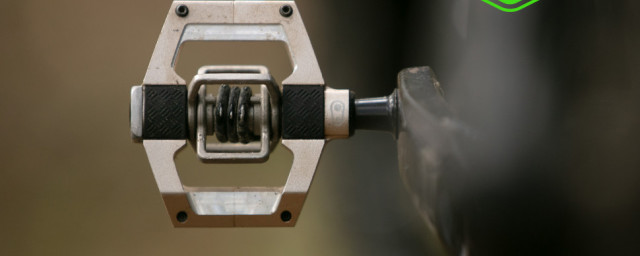TRP make two Quadiem disc brakes – a standard model and an upgraded G-Spec version. The latter was developed with the help of Aaron Gwin the reigning DH world cup champion. Obviously, Gwin uses it for downhill racing but this brake is equally at home on a trail or all-mountain bike.
- The best (and worst) mountain bike upgrades under £100
- Which disc brake pads are best for mountain bikes? Sintered or organic?
- Review: SRAM Code RSC disc brake - super powerful but pricey heavy duty stopper
Both the lever and calliper on the G-Spec Quadiem are made from forged aluminium, which has been machined, highly polished and then anodized to give the brake this million-dollar finish. The calliper is a four-piston design and gets hybrid pistons, which are steel with a composite insert to help with heat dissipation. There are also cooling fins machined in the top of the calliper to increase the surface area and further improve cooling. The calliper comes with lightweight titanium mounting hardware and is fitted with semi-metallic pads as standard.
Since the lever is the bit the rider holds, Aaron Gwin had a lot of influence in this part of the design. With its wide blade the G-Spec Quadiem is pretty hefty, almost like a motocross lever, and also features small dimples drilled into the surface to stop finger slippage. There’s no bite point adjustment, a feature common on the top-end brakes from SRAM and Shimano, but the tool-free reach adjustment has a massive range and is also indexed, which means it shouldn’t wind out accidentally half way down a run.
A hinged clamp secures the lever to the handlebar and can also accommodate several MatchMaker and I-Spec adapters, which allow you to bolt SRAM and Shimano shifter pods directly to the lever, freeing up handlebar space and eliminating a fixing. These adapters are £7 per side.
The test brakes were shipped with standard, six-bolt, stainless steel rotors but TRP does offer a two-piece design with an aluminium spider and stainless steel braking surface. Sizes range from 140mm to 203mm and are £33 to £40 respectively.
When testing disc brakes there’s always a few teething issues and since theses sample brakes came from the US the first thing I had to do was swap the hoses and bleed them. You will need a bleed kit - one isn’t included - but I found the bleeding process to be relatively straightforward and I only had to do it once.
Bedding in the brakes took slightly longer though. Both SRAM and Shimano brakes come up to full power pretty quickly and even after a couple of hard stops feel pretty powerful but the G-Spec Quadiem took a good two rides before it had sufficient bite. The lack of power may be due to the G-Spec Quadiem having slightly smaller pistons than something like the SRAM Code but I also think it’s the stock pads because when I swapped to the full metal pads there was definitely more bite.
The G-Spec Quadiem isn’t quite as powerful as the SRAM Code but it does have excellent modulation and feel. The lever is a little bulky for my tastes but it has a light action and the power builds really progressively, so you can really feather the brakes when those times when you’re on the edge of traction.
Overall the G-Spec Quadiem is sensitive and well-modulated and on face value looks good value but the price listed above doesn’t include rotors, calliper adapters or the shifters mounts. With those, you’re looking at over £260 an end. At that level, the G-Spec Quadiem is less attractive but there is a way of having your cake and eating it and that’s by considering the standard Quadiem. You don’t get the G-Spec name but it has essentially the same features but with a painted finish and a more affordable £140 price tag.





